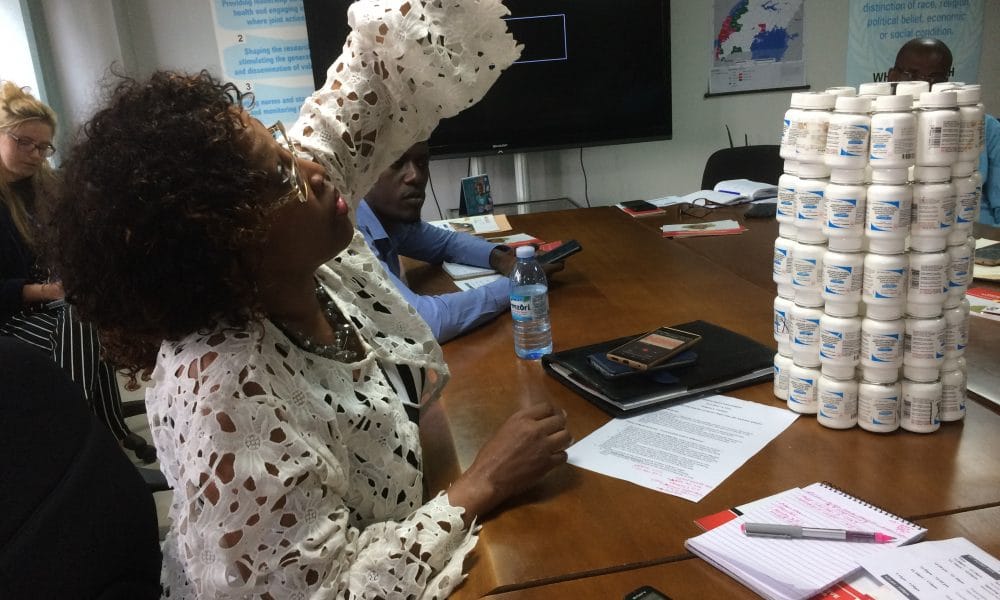
By.Damba Rogers
With Uganda’s biggest population being the youths who account for 70% of the population, a bigger majority of these people (48%) lack comprehensive knowledge about HIV/AIDS prevention something which continues to worry the UN agency that controls HIV.
According to the country director, UNAIDS in Uganda, Dr.Karusa Kiragu, reminds Uganda about the huge changes in HIV ever since it was first discovered in Uganda in 1982 among them including, viral load suppression among others which have all influenced the kind of medicines available and kind of response available.
For that reason, this lack of knowledge means that we have to Upgrade and improve and inform people, ” What people were taught in school in 1999 is totally different from what is being taught in 2019.” She adds that its just the evolution of the disease, knowledge, and response.
Now Dr. Jotham Mubangizi, the head strategic information at UNAIDS referring to the presidential track initiative in ending HIV and AIDS in Uganda says, the number of young people aged between 15 to 24 living with HIV as of December 2018 stood at 160,000 compared to 100,000 among children aged between 0-14, men (530,000) and women (770,000)
Further, the estimated new HIV infections as of December 2018 is estimated at 18,500 among young people aged between 15-24 years as compared to children aged 0-14 (7500) Men (19,000) and women (26,000)
However, the head fast-tracking at UNAIDS, Dr. Komiljon Ahmedov warns that the more Uganda has vulnerable situations, then more AIDS will definitely increase.
He now wants acts of gender-based violence among other vulnerable situations addressed and mindset change among different population handled.
UNAIDS also wants a uniform social behaviour communication change message developed and constantly passed out to the audience as this will help change people’s ways and this will see the disease burden reduced.
How Does HIV Spread?
HIV spreads when infected blood, semen (“cum”) or vaginal fluids enter the body. Because symptoms can be mild at first, people with HIV might not know they’re infected. They can spread HIV to others without knowing it.
HIV can spread:
during sex (especially anal sex and vaginal sex)
through sharing needles for injecting drugs or tattooing
by getting stuck with a needle with an infected person’s blood on it
HIV also can pass from mother to child during pregnancy, childbirth, or breastfeeding.
HIV does not spread through:
pee, poop, spit, throw-up, or sweat (as long as no blood is present)
coughing or sneezing
holding hands
sharing eating utensils or drinking glasses
How Can I Protect Myself?
The best way to protect yourself from HIV is to not have sex (vaginal, oral, or anal) and not share needles.
If you decide to have sex, reduce your risk of getting HIV by:
using a condom every time you have sex (including vaginal, oral, or anal sex)
getting tested for HIV and making sure all partners do too
reducing the number of sexual partners you have
getting tested and treated for STDs (sexually transmitted diseases); having an STD increases the risk of HIV infection
Uganda will hold the global HIV/AIDS celebrations in Kayunga under the, “Communities make a
The country has a population of 1.5 million people living with HIV/AIDS and 1.3 million are alredy on treatment.
END



